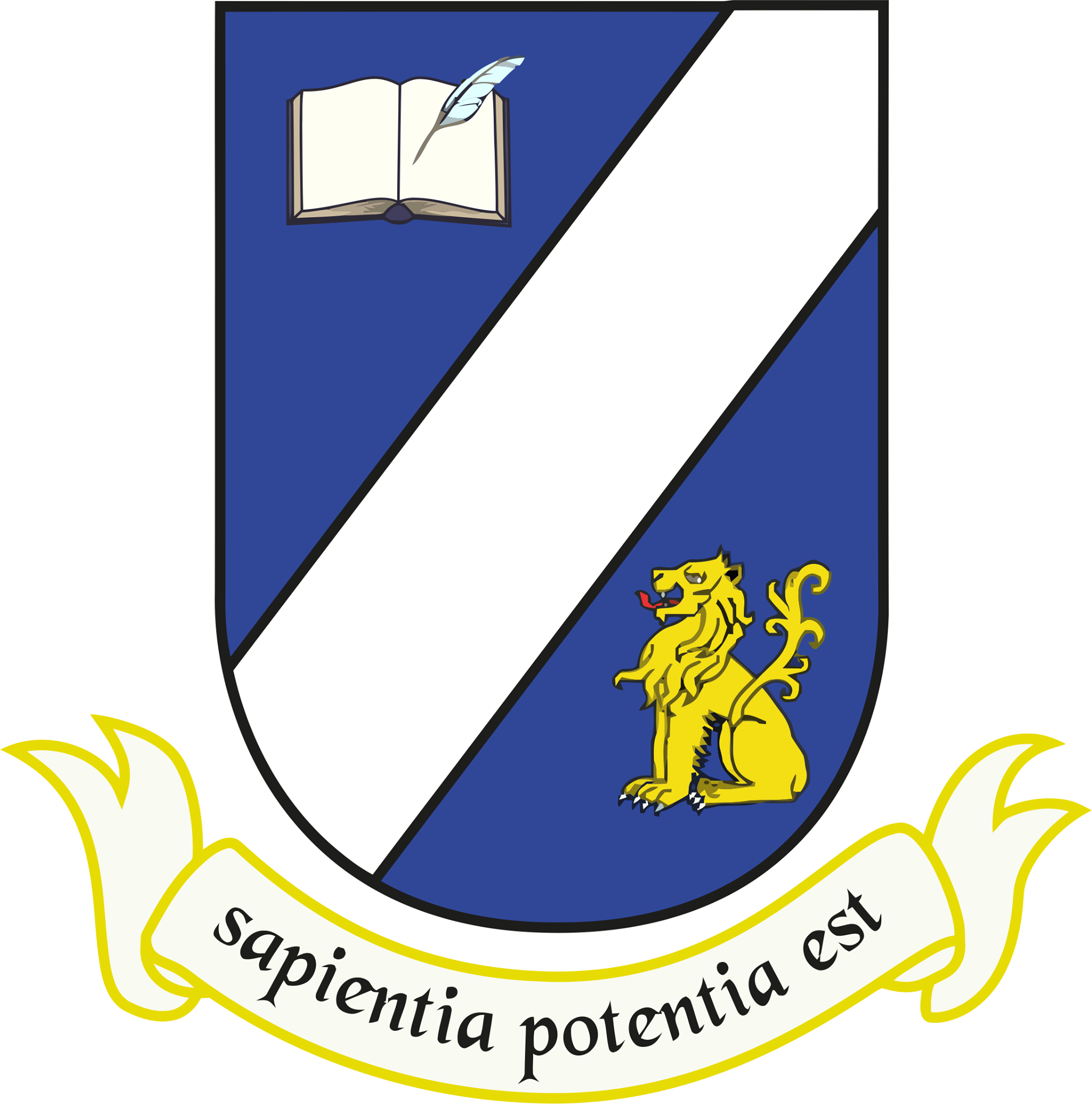DEFINING A US DEFENSE DIPLOMACY FOR BRAZIL AT THE BEGINNING OF THE CENTURY
Resumo
ABSTRACT: At the beginning of the 1990s, the US military was apparently considered to be a significant threat by the Brazilian Armed Forces. Other military establishments in the Hemisphere likewise expressed a lack of confidence, and even a sense of fear, regarding the North Americans. After an ‘opening’ in military relations between Brazil and the United States, directed by General Barry McAfree, commander-in-chief of the US Southern Command (SOUTHCOM) in the mid 1990s, Brazilian military sentiment regarding the US marginally improved. Nevertheless, by the end of the 1990s and the beginning of this Century, the Brazilian Armed Forces again felt threatened by the unilateralism of the US military. This work examines the the concept of ‘defense diplomacy’ and the process by which the Clinton Administration initiated na experiment in conjunction with the National Defense University (Fort Leslie McNair, Washington, DC), at the request of the Deputy Assitant Secretary of Defense for Western Hemisphere Affairs, that established between 1999 and 2001 a broader understanding of possible US defense diplomacy for the subsequent seven years. I was an invited participant in this experiment, along with more than two dozen North American and Latin American academics, including Brazilians, the aim of which was to complete a proposal under contract with the Defense Department. Although it was ended soon after the Bush Administration began, this experiment, and the broader concept of ‘defense diplomacy,’ may well have represented an important option
for future hemispheric military relations.
KEY-WORDS: Diplomacy, International Relations, Brazil.
Texto completo:
PDFApontamentos
- Não há apontamentos.







